Cancer: The Macrobiotic Diet Saved Robert’s Life
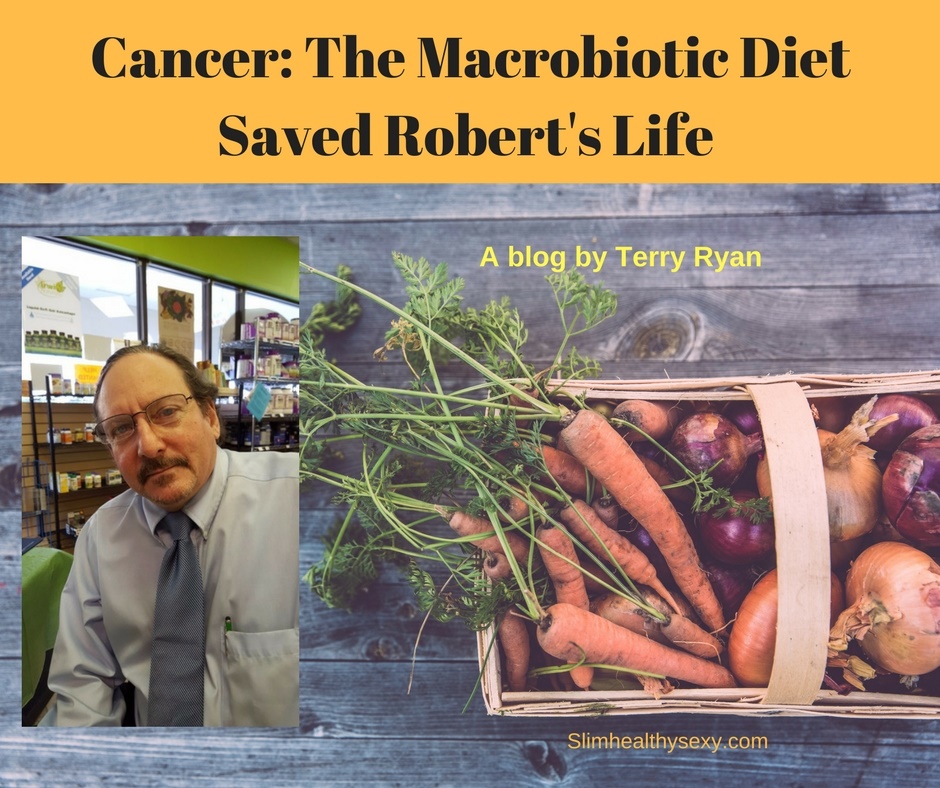
Cancer: The Macrobiotic Diet Saved Robert’s Life by Terry Ryan, Health Blogger It has been a year since the first time I had my blood analysis done by Robert Aronson, president of Preventive Screening Services, (see my post about it HERE) and I was curious to see how I, hopefully, improved. Robert had told me […]
I Tried The Golden Milk Recipe For Insomnia
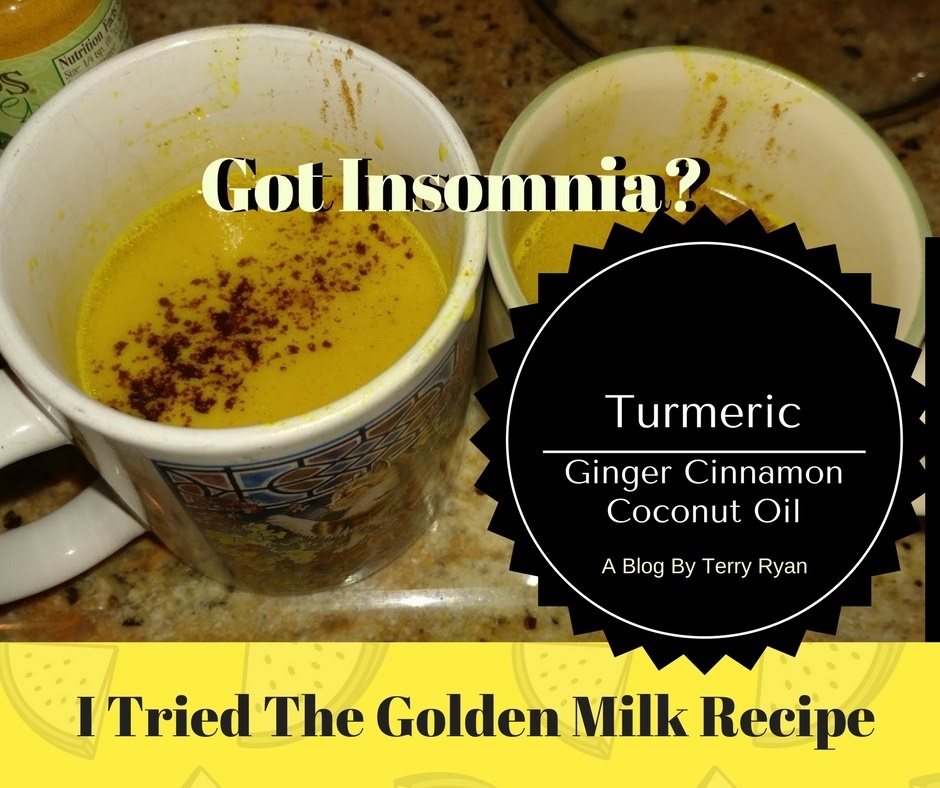
I tried the Golden Milk recipe for insomnia, by Terry Ryan Ah yes, the Golden Milk…its name derived from the yellow color from the focus ingredient, turmeric. (Also know as Golden Tea!). I believe I saw the recipe on Facebook sponsored by the Paleo Mom. Follow me on Twitter.com/mslakegeorge I looked up several other sites […]
Who is the Medical Medium?
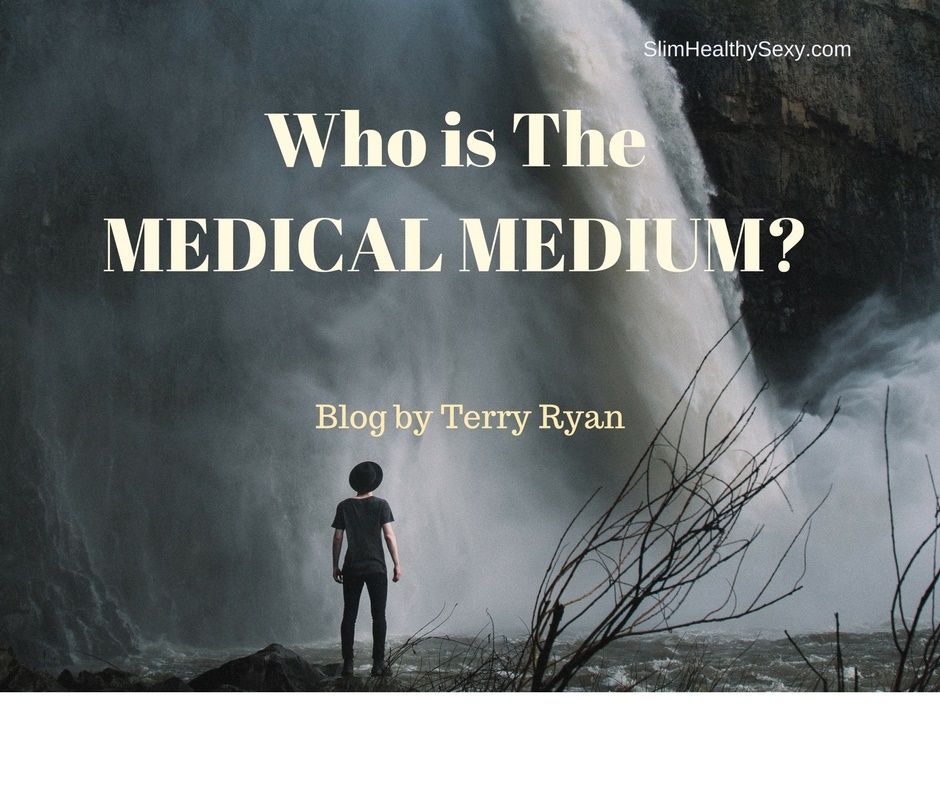
Who is the Medical Medium and what does he claims causes autoimmune disease? by Terry Ryan, Health Blogger The medical medium is, Anthony William, the now famous author of the New York Times best selling book, Medical Medium. According to William, he has the miraculous talent of being able to diagnose illnesses in individuals just by being […]
What Killed Bill Paxton?
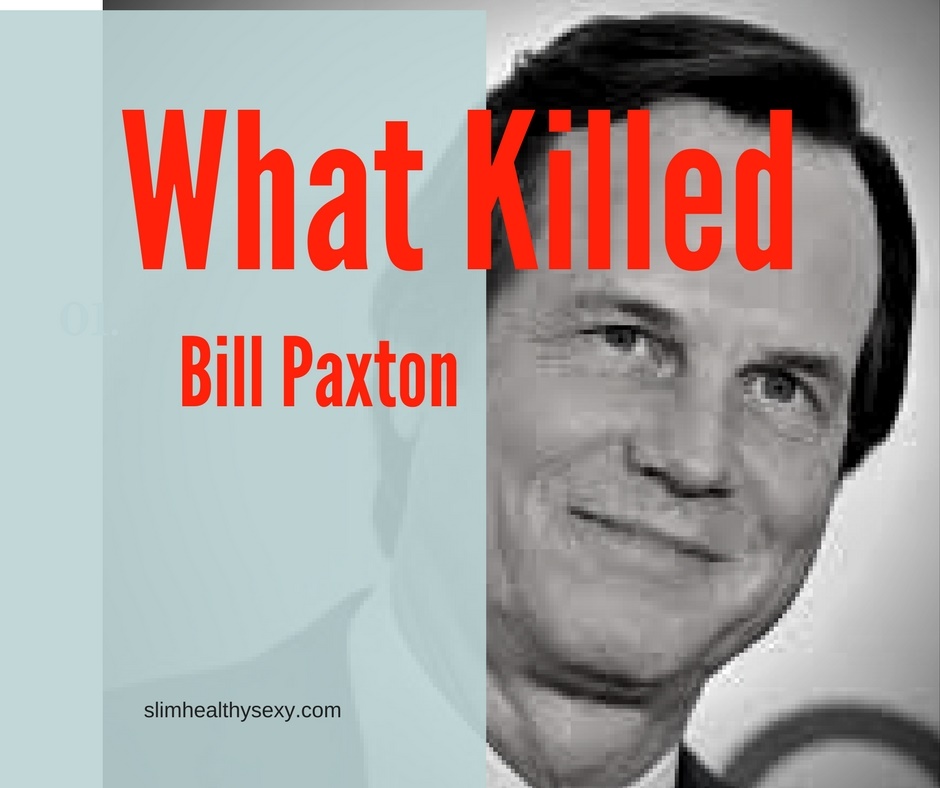
What killed Bill Paxton by Terry Ryan Bill Paxton, 61, actor, father, and husband, passed away Saturday, February 25, 2017 due to complications from surgery. He underwent heart surgery and suffered a stroke afterwards. (Source: TMZ) Potential Complications During and After Heart Surgery Some of the more common complications of heart surgery are routinely dealt […]
Vague about the Vagus Nerve?
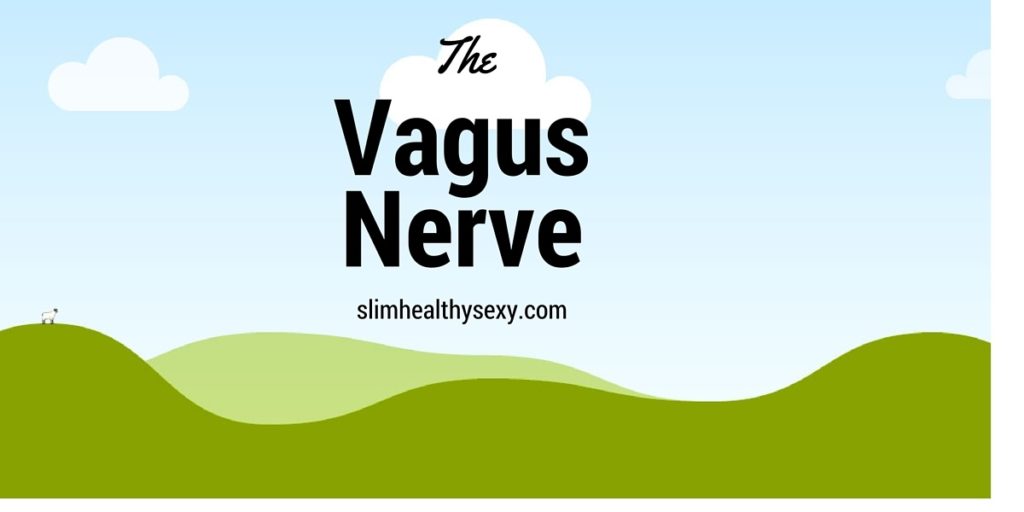
Vague about the vagus nerve? Don’t feel alone because most people are. Did you know it is referred to by the medical community as the MIRACLE NERVE? >>>>>Read this story about a Super Woman! Wow! Things you find on the web!<<<<<< I first became aware of the importance of the vagus nerve while watching a […]